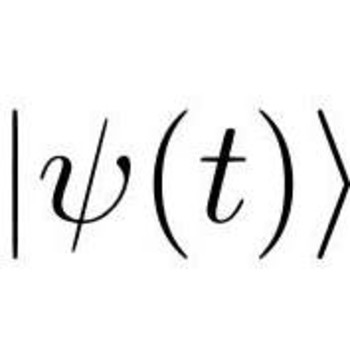If you are trying to solve for #r# you can use the quadratic equation to solve this problem:
The quadratic formula states:
For #color(red)(a)x^2 + color(blue)(b)x + color(green)(c) = 0#, the values of #x# which are the solutions to the equation are given by:
#x = (-color(blue)(b) +- sqrt(color(blue)(b)^2 - (4color(red)(a)color(green)(c))))/(2 * color(red)(a))#
Substituting:
#color(red)(6)# for #color(red)(a)#
#color(blue)(1)# for #color(blue)(b)#
#color(green)(-12)# for #color(green)(c)# gives:
#r = (-color(blue)(1) +- sqrt(color(blue)(1)^2 - (4 * color(red)(6) * color(green)(-12))))/(2 * color(red)(6))#
#r = (-1 +- sqrt(1 - (-288)))/12#
#r = (-1 +- sqrt(1 + 288))/12#
#r = (-1 +- sqrt(289))/12#
#r = (-1 - 17)/12# and #r = (-1 + 17)/12#
#r = -18/12# and #r = 16/12#
#r = -3/2# and #r = 4/3#



